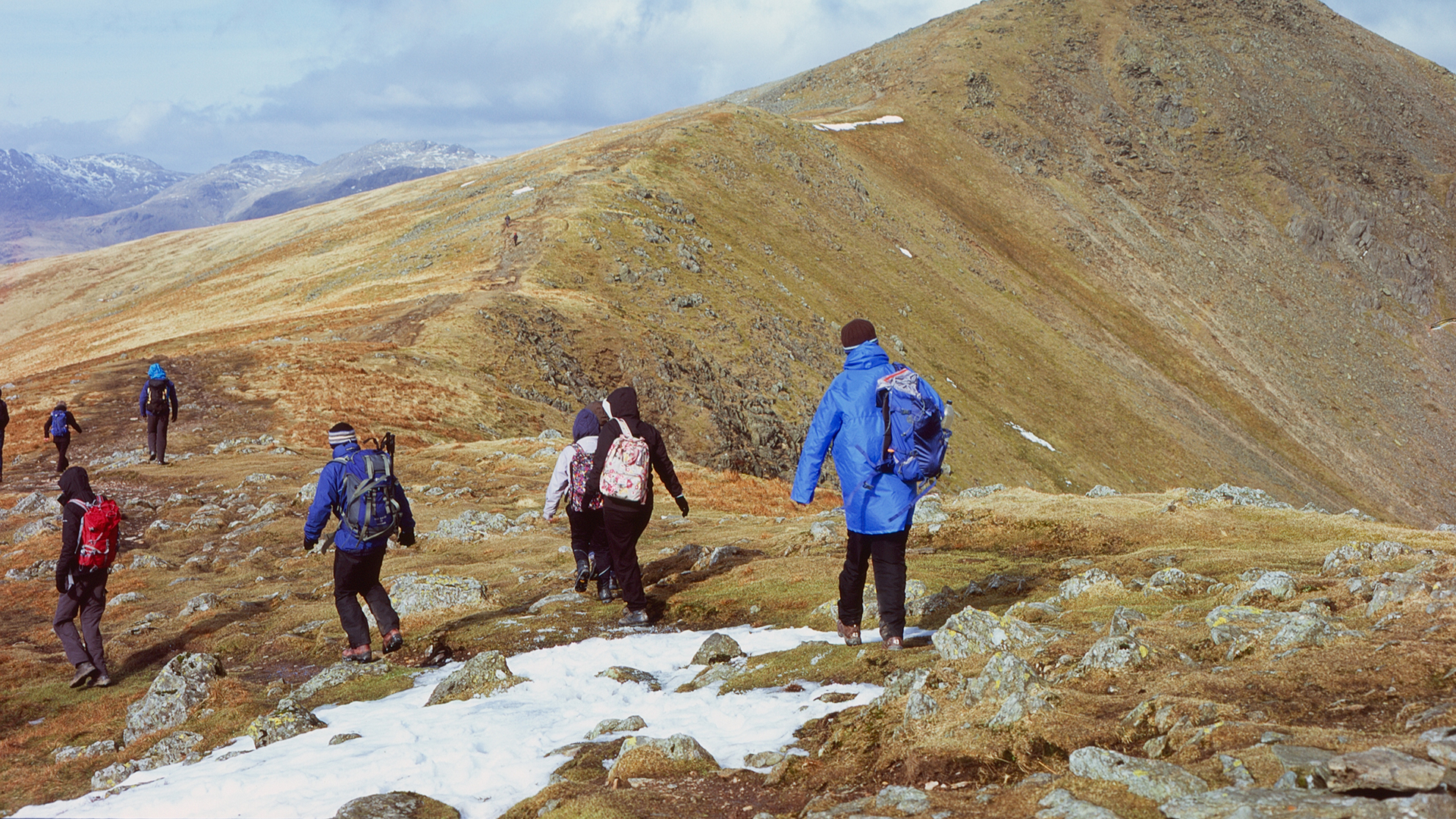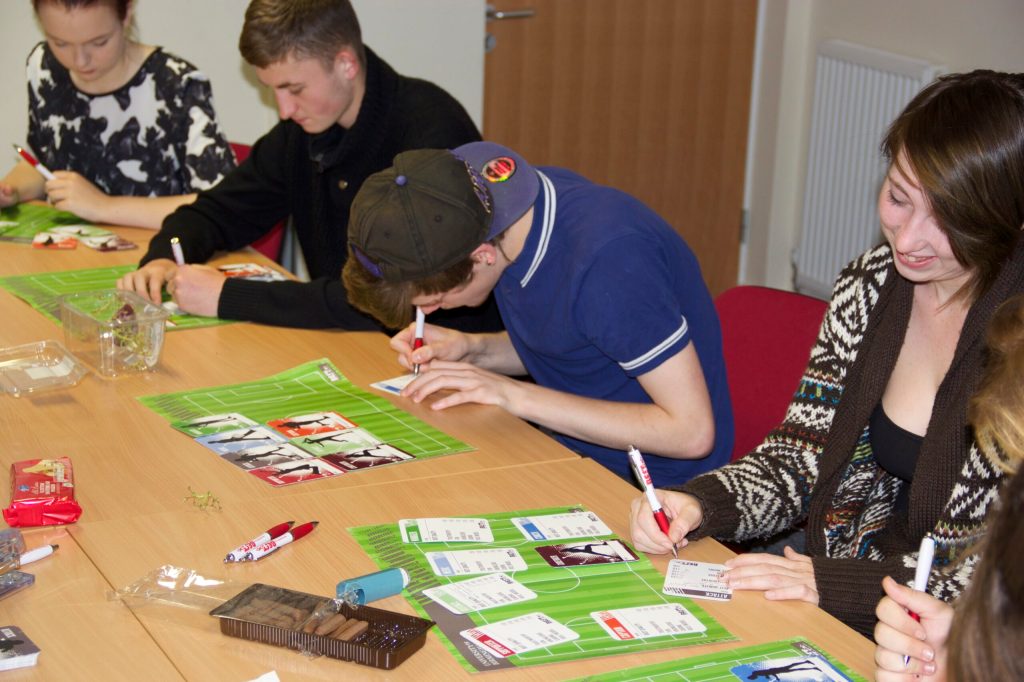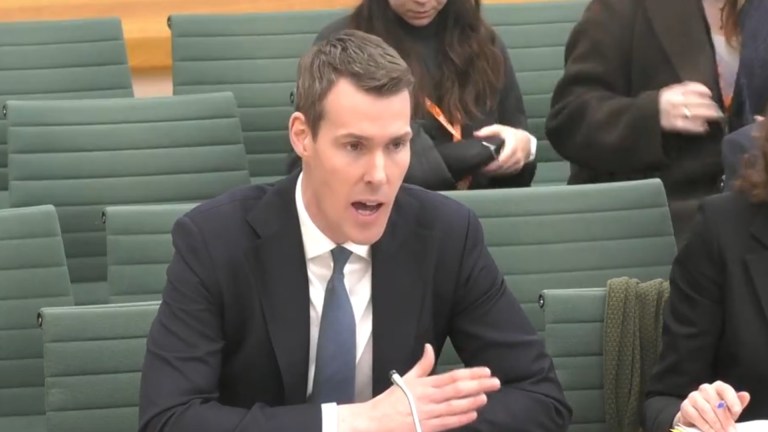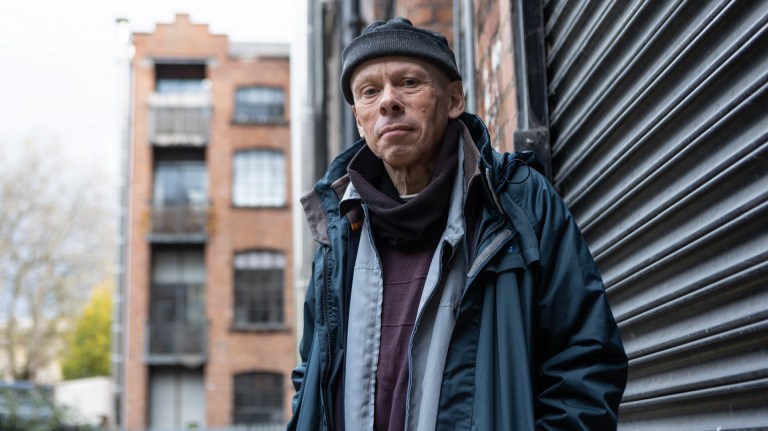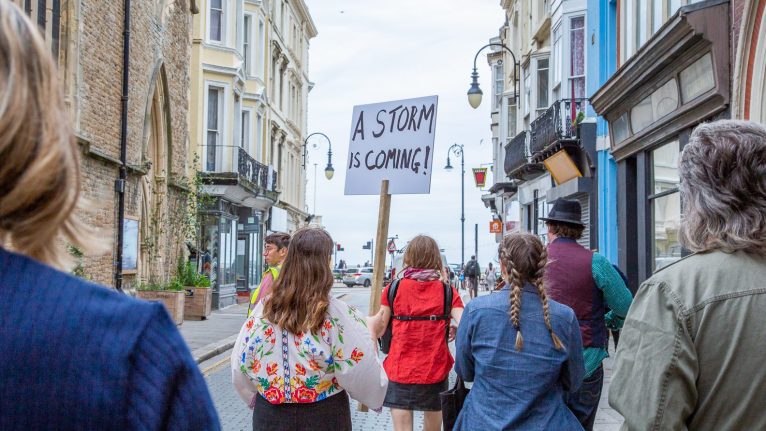Athletes are taught to recognise their own strengths and use them to perform well under pressure. But not everyone benefiting from sports psychology is gearing up for a medal – the same methods are being used to help the homeless young people of Birmingham get back on their feet.
Academics have combined forces with frontline workers to create the unique programme My Strengths Training for Life (MST4Life). It all started in 2013, when the university’s sports psychologists began working with academy players at a local football club. “It just so happened that one of the parents worked for St Basil’s,” says team lead Dr Jennifer Cumming on how the youth homelessness charity and Birmingham’s School of Sport, Exercise and Rehabilitation crossed paths. That parent thought these techniques could go some way to helping young homeless people build self-confidence and work towards their goals. Some discussion and a consultation project later, both bodies decided to team up to target hard-to-reach 16 to 24 year olds, often classed as NEET (not in education, employment or training).
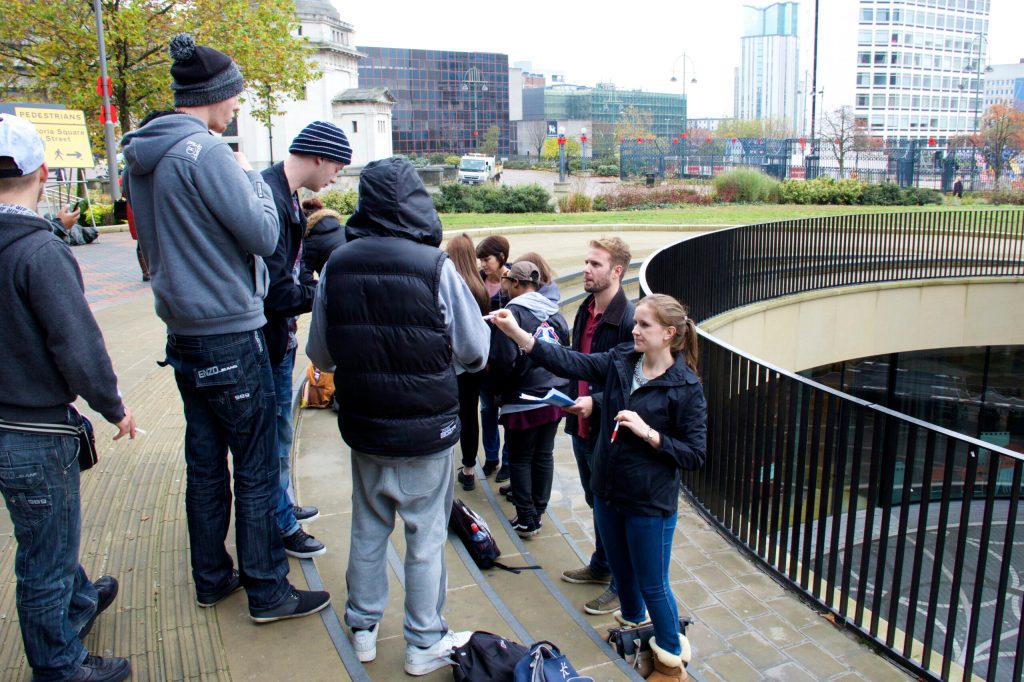
Fully rolled out in 2014, MST4Life has since changed the game for nearly 600 young people. The hands-on programme brings in young people for ten sessions through the housing service or within the local community. It’s all about identifying their mental skills and applying them to solve problems – something many people don’t have confidence in their ability to do.
“One session involves going to the library in Birmingham to do a scavenger hunt, solving clues and having to work together in small groups,” Cumming tells The Big Issue. “It encourages them to communicate between themselves, to ask for help from strangers, and to manage their frustration when things get difficult.” The programme gradually ups the ante over the sessions until phase two of MST4Life when the group go on a four-day outdoor residential course in the Lake District.
“They get to use all their mental skills in a new situation on very real-life activities,” says Cumming. “Like raft building. If you don’t put your raft together you’re going to end up in the water! If we go to the outdoor excursion centre, a four-hour walk up to the second-highest peak in the lake district, what mental skills will help you get up there and down again?”
She adds: “It’s a transformational opportunity for them. You can see the confidence boost they get from it.”
